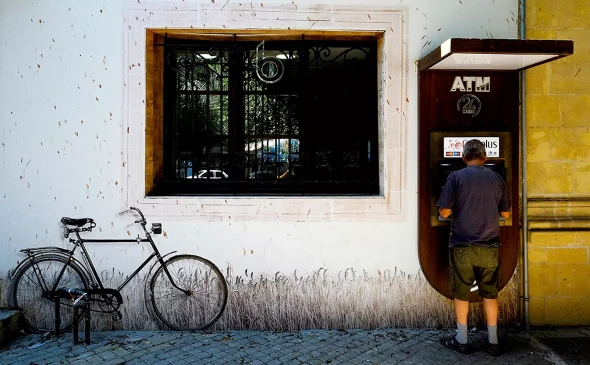The refusal of Turkish banks to service Russian cards “Mir” is associated with attempts by some countries to block the work of the payment system abroad, wrote the head of Rostourism Zarina Doguzova.
“It is important to understand that foreign partners independently decide whether or not to accept Mir cards in their infrastructure. Nevertheless, possible ways of solving the problem are now being worked out,” she said.
In mid-September, amid Russia’s military actions in Ukraine, the U.S. Treasury Department threatened to impose sanctions against foreign banks for cooperating with the Russian “Mir” payment system.
On September 19, Turkish private banks Isbank and Denizbank stopped accepting Mir cards. September 28, Turkish NTV channel said that the three state banks of the country Halkbank, Ziraat Bank and VakıfBank also refused to work with cards of the Russian system. Later, RIA Novosti learned that the banks had not received any notification that they had stopped using the Russian payment system. However, in the morning of September 29 Ziraat Bank still announced the suspension of services.
The Turkish authorities thought of creating an alternative to the Mir system, the Aydinlik newspaper wrote.
This information was confirmed by the director of Russian-Turkish Business Council, Alexei Yegarmin. He explained that Turkey has offered Russia to create a separate credit institution, which will not be dependent on sanctions from the U.S. and the EU.
“Perhaps it will be a special bank, or a special system based on blockchain settlements, or closed clearing. Perhaps a separate center for settlements,” he listed.
September 29, the newspaper Sabah learned that Turkey is developing as an alternative to the “ticket card” that Russians would buy when buying package tours. It can be used in restaurants, stores and places of entertainment. The Russians’ money for purchases and services will be transferred by a tour operator.
